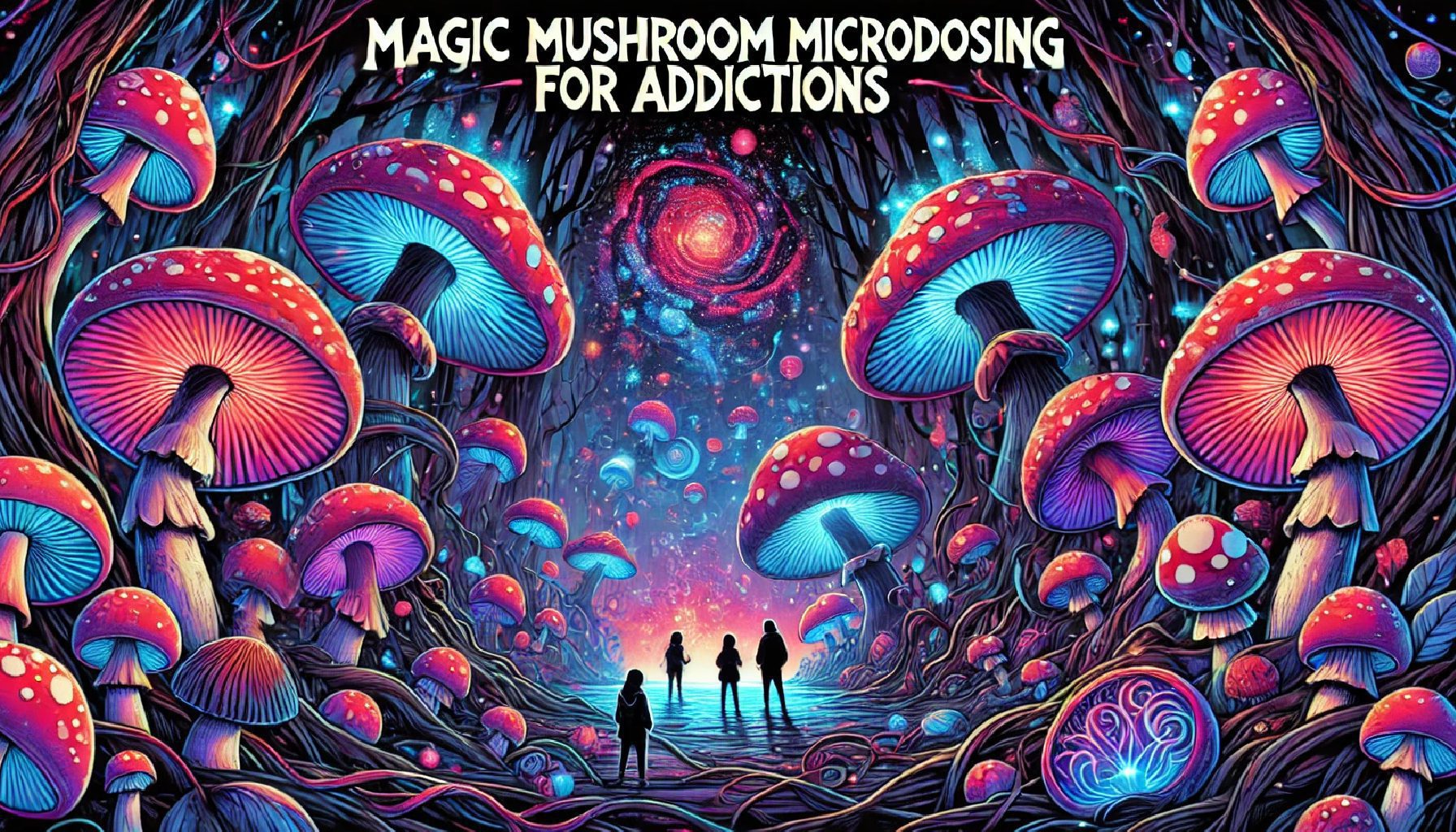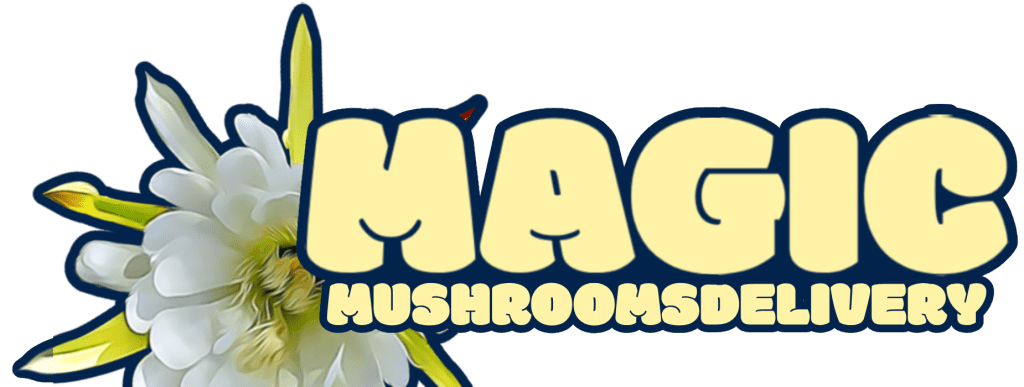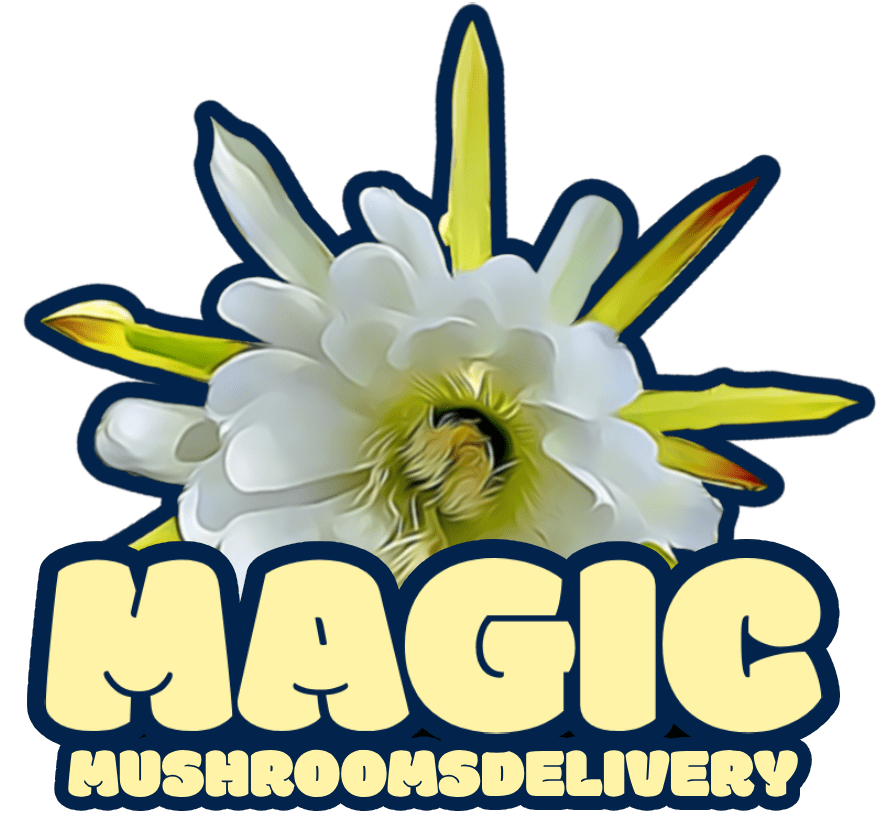

The Potential of Microdosing Mushrooms for Addiction Recovery
In the challenging landscape of addiction treatment, microdosing magic mushrooms is gaining traction. This comprehensive guide explores the potential of microdosing in addiction recovery, examining the promise of this emerging treatment option from a Canadian perspective.
How Mucrodosing Mushrooms Helps With Addiction Recovery
Before we dive deeper, here’s a quick overview of the potential benefits that microdosing protocols might offer in addiction recovery:
- Reduced cravings and withdrawal symptoms
- Improved emotional regulation and self-awareness
- Enhanced neuroplasticity, potentially aiding in breaking addictive patterns
- Increased mindfulness and introspection
- Possible reduction in relapse rates
As we explore these potential benefits in detail, it’s important to remember that research is ongoing, and psilocybin microdosing should be considered as part of a comprehensive, professionally-guided treatment approach.
Microdosing Different Types of Psychedelics For Addiction Recovery
When discussing microdosing for addiction recovery, it’s important to distinguish between substances that have been the subject of scientific research and those that have not. Here’s an overview:
Substances with Research on Microdosing for Addiction Recovery
- Psilocybin (Magic Mushrooms): The most researched substance for microdosing in addiction treatment. Studies have explored its potential for alcohol dependence, smoking cessation, and general addiction-related behaviors.
- LSD (Lysergic Acid Diethylamide): While less studied than psilocybin, some research has been conducted on LSD microdosing for addiction-related issues, particularly in the context of mood enhancement and cognitive flexibility.
Substances Lacking Substantial Research on Microdosing for Addiction
- Mescaline: Despite traditional use in some cultures, there’s limited scientific research on microdosing mescaline for addiction recovery.
- DMT (Dimethyltryptamine): While studied in larger doses, research on microdosing DMT for addiction is scarce.
- Ibogaine: More commonly studied in larger doses for addiction treatment, research on microdosing ibogaine is limited.
- MDMA: Research focuses more on full-dose therapy sessions rather than microdosing for addiction recovery.
- Ketamine: While studied for depression and at higher doses for addiction, research on microdosing ketamine specifically for addiction is limited.
Dr. Michael Chen, a psychopharmacologist at the University of British Columbia, notes: “The focus on psilocybin and LSD in microdosing research is partly due to their relatively well-understood safety profiles. They also have a long history of human use. However, as the field progresses, we may see more studies exploring the potential of other psychedelics in microdosing protocols for addiction recovery.”
It’s crucial to remember that the lack of research doesn’t necessarily mean these substances are ineffective or unsafe for microdosing in addiction treatment. Rather, it highlights the need for more comprehensive studies across a broader range of psychedelic compounds.
Types of Addictions Microdosing Psilocybin Might Help With
Research on psychedelic-assisted recovery has focused on various substances of abuse. Here’s an overview of the types of addictions that have been studied or are currently under investigation:
- Alcohol Use Disorder: One of the most extensively studied areas in psychedelic-assisted therapy, including some promising research on microdosing for alcoholism.
- Nicotine Addiction (Smoking): Several studies have explored the potential of psilocybin and shrooms for smoking cessation.
- Opioid Addiction: While most research has focused on full doses, there’s growing interest in exploring shrooms and opioid addiction.
- Cocaine Addiction: Some preliminary studies and ongoing research are investigating the potential of psilocybin microdosing in treating cocaine dependence.
- Cannabis Use Disorder: Limited but emerging research is looking into psychedelic fungi therapy as a potential aid in cannabis addiction treatment.
- Methamphetamine Addiction: While less studied than other substances, there’s increasing interest in exploring microdosing for addiction recovery, including methamphetamine addiction.
- Behavioral Addictions: Some researchers are beginning to explore the potential of psilocybin microdosing for non-substance addictions, such as gambling disorder or internet gaming disorder.
Dr. Emma Thompson, an addiction researcher at the University of Toronto, comments: “While we’re seeing promising results across various types of addictions, it’s important to note that the depth of research varies significantly. Alcohol and nicotine addictions have the most robust body of evidence when it comes to psychedelic interventions, including magic mushrooms for addiction. For other substances, like cocaine or methamphetamine, the research is still in its early stages, but the preliminary results are encouraging enough to warrant further investigation.”
It’s crucial to understand that the effectiveness of microdosing mushrooms may vary depending on the type of addiction, and more research is needed to establish its efficacy across different substances of abuse. As always, any treatment approach should be undertaken under the guidance of qualified healthcare professionals.
Understanding Microdosing in the Context of Addiction
Microdosing involves taking sub-perceptual doses of psychedelic substances, typically about one-tenth of a recreational dose. In the context of addiction recovery, this usually means consuming minute amounts of substances like psilocybin (from mushrooms) or LSD every few days. The goal isn’t to induce a “trip,” but to potentially rewire neural pathways associated with addictive behaviors.
Dr. James Harper, an addiction specialist at the University of Toronto, explains: “Microdosing in addiction treatment is based on the hypothesis that these small doses can promote neuroplasticity and help break entrenched patterns of thought and behavior without the intensity of a full psychedelic experience.”
Potential Benefits of Microdosing Mushrooms for Addiction Recovery
Emerging research and anecdotal evidence suggest several potential benefits of microdosing for addiction recovery:
- Reduced Cravings and Withdrawal SymptomsBenefit: Significant reduction in alcohol cravings and consumptionA 2017 study published in the Journal of Psychopharmacology found that psilocybin-assisted therapy significantly reduced alcohol cravings and consumption in alcohol-dependent individuals. While this study used full doses, it suggests the potential of magic mushrooms in managing addiction-related cravings.
- Increased Emotional Regulation and Self-AwarenessBenefit: Substantial and sustained decreases in depression and anxietyResearch from Johns Hopkins University in 2019 demonstrated that psilocybin produces substantial and sustained decreases in depression and anxiety. This improved emotional state could be crucial for individuals navigating the challenges of addiction recovery.
- Enhanced NeuroplasticityBenefit: Promotion of structural and functional neural plasticityA groundbreaking 2018 study in Cell Reports found that psychedelics promote structural and functional neural plasticity. This increased plasticity could potentially help individuals break free from rigid, addiction-related thought patterns and behaviors.
- Improved Mindfulness and IntrospectionBenefit: Increased wisdom, open-mindedness, and creativityA 2019 study in the Journal of Psychoactive Drugs reported that microdosers experienced increased wisdom, open-mindedness, and creativity. These qualities could be valuable tools in the introspective work often necessary for addiction recovery.
- Potential for Reducing Relapse RatesBenefit: High abstinence rates in smoking cessationWhile long-term studies on microdosing and relapse prevention are still needed, a 2015 study on psilocybin-assisted therapy for smoking cessation showed an impressive 80% abstinence rate at 6-month follow-up. This suggests the potential for magic mushrooms to have lasting effects on addictive behaviors.
The Neuroscience Behind Microdosing Psychedelics for Addiction
Dr. Elena Rodriguez, a neuroscientist at Johns Hopkins University, elaborates on the neurological mechanisms: “Psychedelics, even in small doses, appear to stimulate the growth of dendritic spines and increase synaptic connections. This could essentially ‘reset’ neural circuits involved in addiction, providing a biological basis for behavioral change.”
Comparing Microdosing to Traditional Addiction Treatments
Traditional addiction treatments typically involve a combination of pharmacological interventions (like methadone for opioid addiction) and behavioral therapies. Microdosing represents a potential paradigm shift in this approach.
Dr. Sarah Winters, an addiction psychiatrist, offers her perspective: “Traditional treatments have a long-standing evidence base, but they don’t work for everyone. Microdosing could potentially offer an alternative for those who haven’t found success with conventional methods. However, it’s not about replacing existing treatments, but potentially complementing them.”
User Experiences: What People Are Saying About Microdosing Mushrooms for Recovery
While scientific studies are ongoing, many individuals have shared their experiences with microdosing for addiction recovery. Here’s a summary of common themes reported by users:
- Reduced Cravings: Many users report a noticeable decrease in cravings for their substance of addiction. Some describe it as a “quieting” of the urge to use.
- Increased Self-Awareness: A common theme is an enhanced ability to recognize and understand triggers and emotional patterns related to addictive behaviors.
- Improved Mood: Many individuals note a general improvement in mood and outlook, which they find helpful in maintaining their recovery efforts.
- Enhanced Therapy Engagement: Several users report feeling more open and receptive to therapy sessions, leading to more productive therapeutic experiences.
- Stress Reduction: A significant number of individuals mention feeling better equipped to handle stress, which is often a major factor in relapse.
- Increased Motivation: Many users describe feeling more motivated to engage in positive lifestyle changes that support their recovery.
- Varied Effectiveness: It’s important to note that experiences vary. While many report positive outcomes, some users find the effects subtle or experience no significant changes.
- Integration Challenges: Some individuals mention the importance of integrating insights gained from shroom microdosing into daily life, noting that microdosing alone is not a “magic cure.”
Dr. Emily Chen, a clinical psychologist specializing in addiction, comments on these reports: “While these anecdotal experiences are encouraging, they also highlight the complex nature of addiction recovery. Microdosing seems to be a helpful tool for many, but it’s most effective when part of a comprehensive treatment plan that includes therapy and support systems.”
It’s crucial to remember that these are self-reported experiences and not substitutes for clinical evidence. The varied nature of these reports underscores the need for more rigorous, large-scale studies to fully understand the potential of psilocybin microdosing in addiction recovery.
Integrating Microdosing with Other Recovery Methods
Experts stress that microdosing, if considered, should be part of a holistic recovery plan. Dr. Winters explains, “Microdosing isn’t a standalone treatment. It’s most effective when combined with therapy, support groups, and lifestyle changes. The goal is to use it as a tool to enhance overall recovery efforts, not as a replacement for comprehensive care.”
Legal and Ethical Considerations
The legal landscape surrounding psychedelics is complex and rapidly evolving. While some cities have decriminalized certain psychedelics, they remain illegal at the federal level in many countries. This legal status poses significant challenges for research and clinical application.
Ethically, the use of psychedelics in addiction treatment raises questions about informed consent, especially given the vulnerable nature of individuals struggling with addiction. Dr. Rodriguez emphasizes, “We must approach this with extreme caution and always prioritize patient safety and autonomy.”
Looking to the Future: Canadian Research on the Horizon
As the field of psychedelic research continues to evolve, Canada is positioning itself at the forefront of this exciting frontier. Several upcoming studies in Canadian institutions are set to shed more light on the potential of microdosing in addiction recovery:
- University of British Columbia Study: Researchers at UBC are launching a comprehensive study on the effects of psilocybin microdosing on opioid addiction. This multi-year project aims to provide crucial data on long-term outcomes and optimal protocols.
- McGill University Research: A team at McGill is designing a study to investigate the neurological changes associated with microdosing in individuals recovering from alcohol use disorder, using advanced brain imaging techniques.
- University of Toronto Clinical Trial: Set to begin next year, this trial will examine the efficacy of a combined approach using magic mushrooms for relapse prevention and cognitive behavioral therapy for treating cocaine addiction.
- Cross-Canada Collaborative Study: A groundbreaking initiative involving multiple Canadian universities is in the planning stages, aiming to create a large-scale, diverse dataset on psilocybin microdosing for various forms of addiction.
Dr. Sarah Thompson, lead researcher at the Centre for Addiction and Mental Health in Toronto, shares her perspective: “These upcoming studies represent a significant step forward in our understanding of microdosing for addiction recovery. We’re particularly excited about the potential to develop standardized, evidence-based protocols that could be integrated into existing treatment frameworks.”
As these studies progress, they promise to provide valuable insights that could shape the future of addiction treatment in Canada and beyond. The potential for magic mushrooms for addiction to offer new hope in addiction recovery is an exciting prospect that warrants continued exploration and rigorous scientific inquiry.
However, it’s crucial to maintain a balanced perspective. While the preliminary research is promising, psilocybin microdosing is not a magic bullet for addiction. It’s one potential tool in what should be a comprehensive, personalized approach to recovery. As we await the results of these groundbreaking Canadian studies, it’s important for individuals struggling with addiction to continue working closely with healthcare professionals and utilizing established, evidence-based treatments.
The coming years will likely bring significant advancements in our understanding of psilocybin microdosing for addiction recovery. As Canada continues to lead in this research, we may see a transformation in how addiction is treated, offering new hope to those who have struggled with traditional methods. Stay tuned to the evolving research landscape, but remember that help is available now for those in need.
Seeking Help for Addiction in Canada
If you or a loved one is struggling with addiction in Canada, remember that help is available. While research into new treatments like psilocybin microdosing is ongoing, there are many established, effective options for support and treatment. Consult with addiction specialists to explore all treatment options and find the approach that’s right for you.
For immediate assistance and information about addiction services in Canada, contact:
- Canada Drug Rehab Addiction Services Directory: 1-877-746-1963
Remember, reaching out for help is a sign of strength, not weakness. Your journey to recovery can begin today.
Tommy Lee
Table of Contents
Canada’s Mushroom Dispensary
Calgary
We deliver magic mushrooms same day in Calgary. Enjoy quick delivery within 60 minutes anywhere within city limits between 10am and 9pm daily.
Canada
Canada's magic mushroom delivery service. We bring shrooms to your place in 1 - 4 days depending where you are in Canada. Shrooms near me? We have you covered.
Be first on the list to get notified about our sales, new genetics and drops before they sell out!

